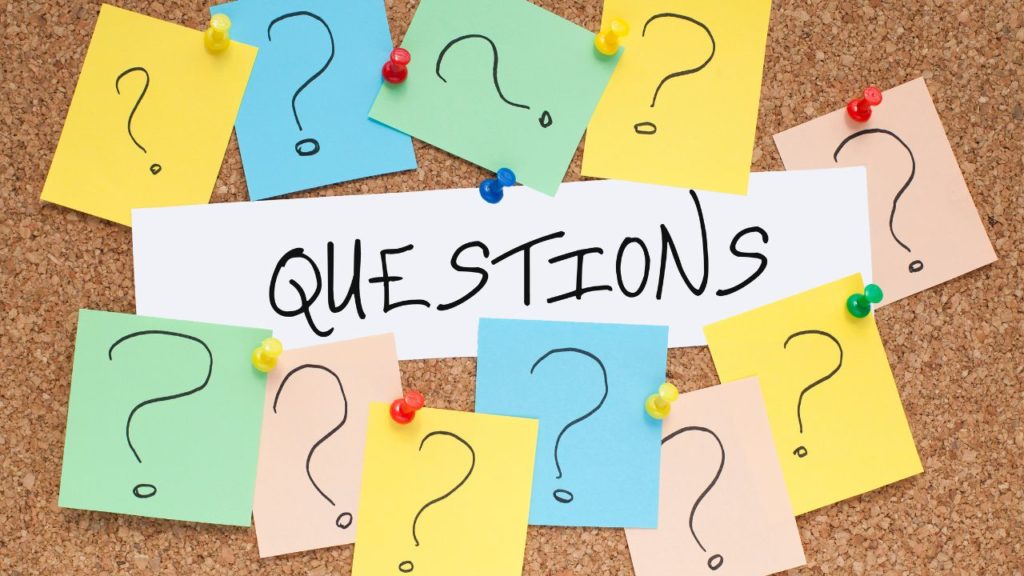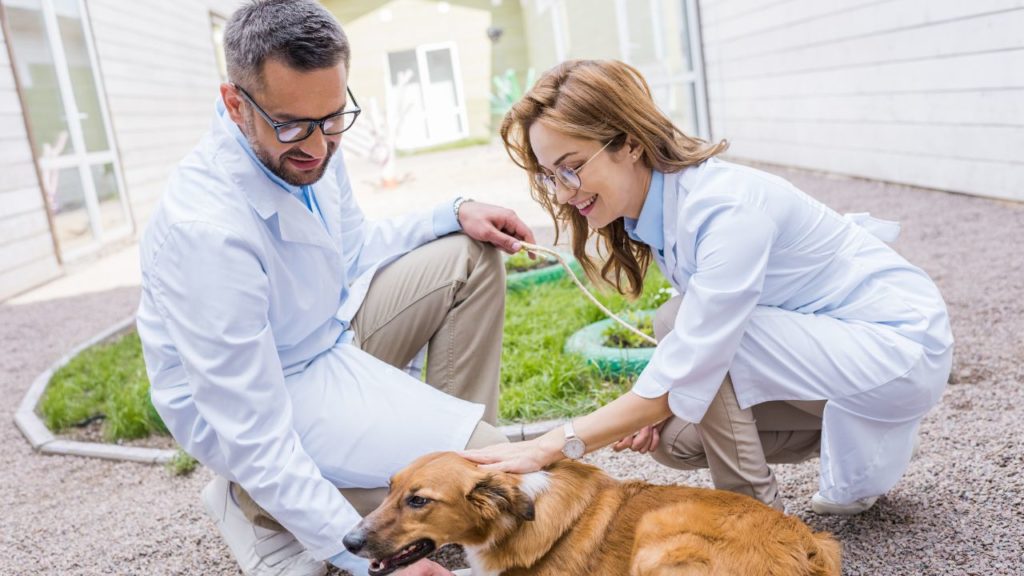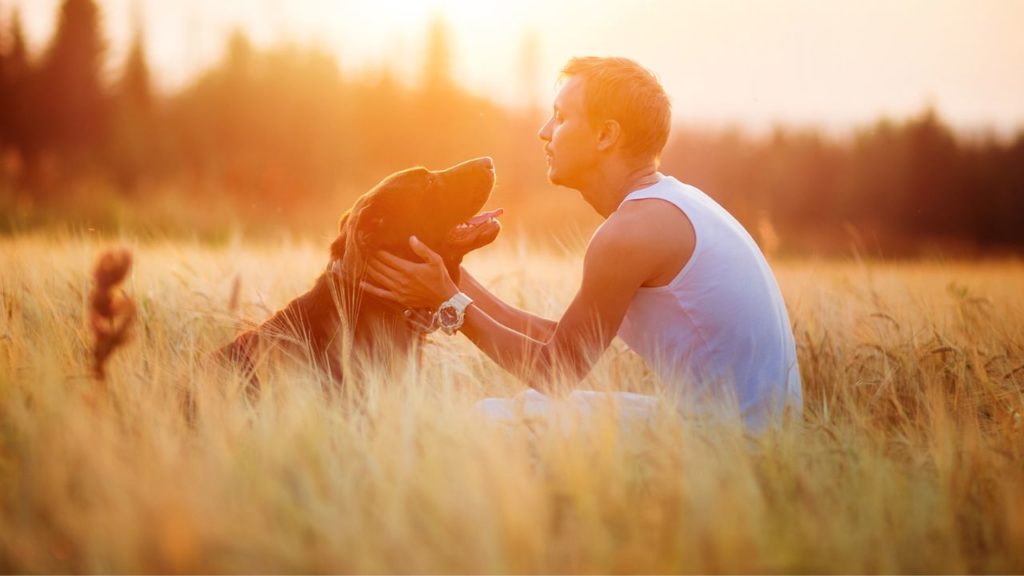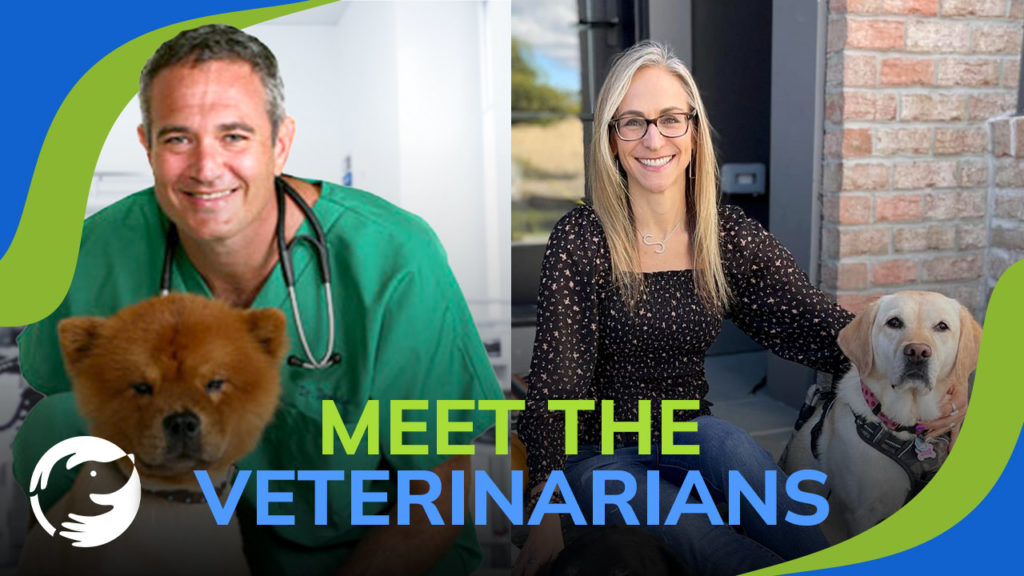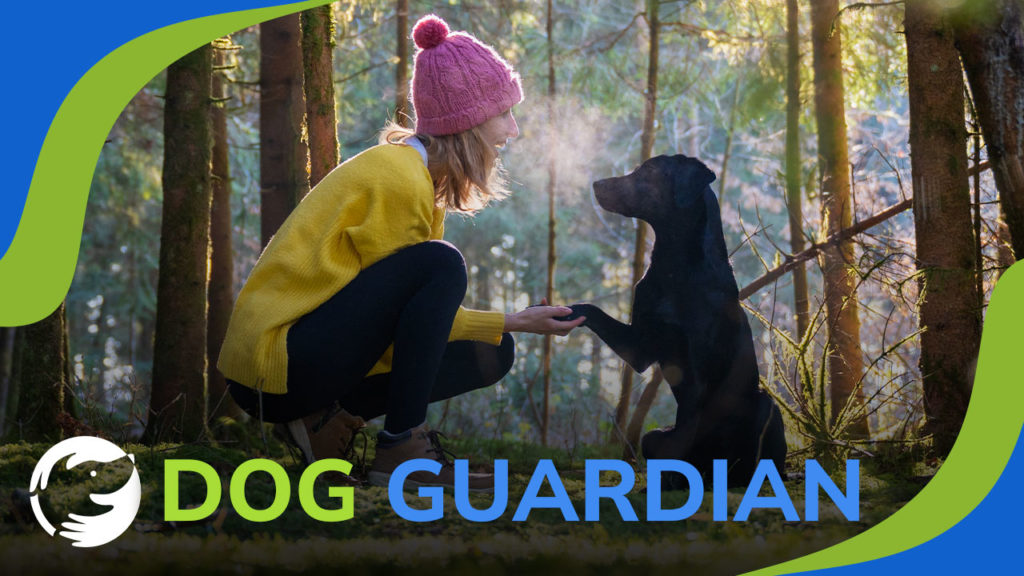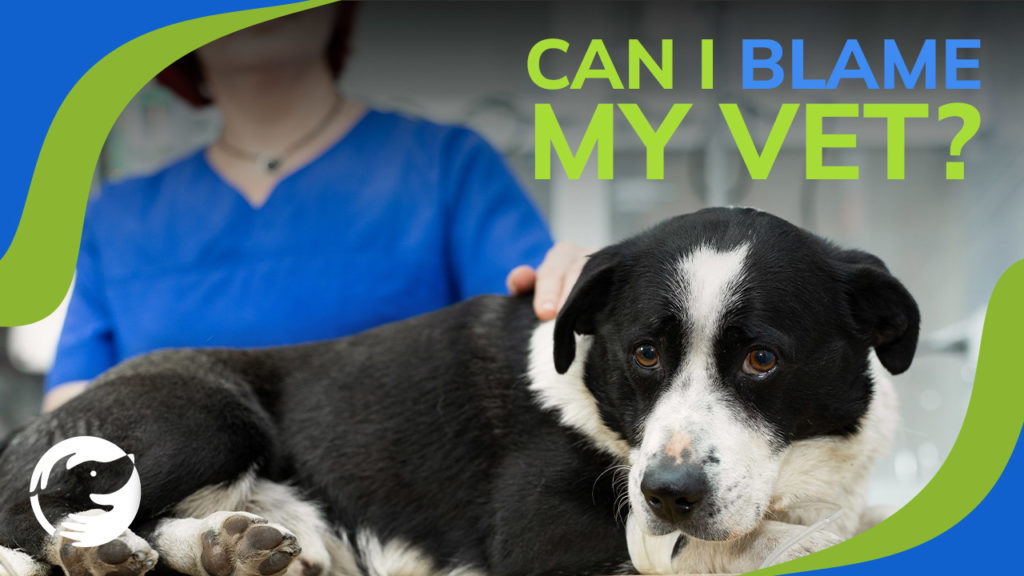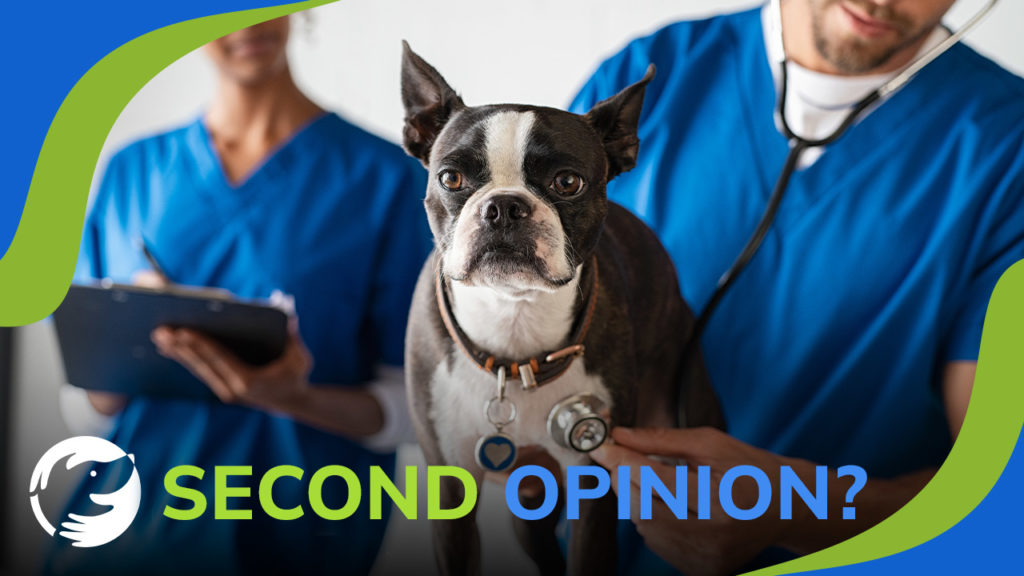
Getting a Second Opinion on Your Dog’s Cancer Diagnosis
Surprised your dog has cancer? Need confirmation, or a better understanding of your dog's cancer diagnosis? Second opinions are key.
James Jacobson: Let me ask you this question. How important is it to get a second opinion? So, you got a diagnosis from your Veterinarian that says, “My dog has this type of cancer”. Should I get a second opinion? Is it really important and how do I go about doing that? I’ll throw that out to either one of you.
Dr. Susan Ettinger: I think I can jump in it. There’s two second opinions that I think people think about. One is seeing another Veterinarian, whether that’s typically I think about that being time to see the Veterinary Oncologist or Radiation Oncologist or maybe a Surgeon who specializes in oncologic surgery. That could be one second opinion that you get where you are just having someone look over the biopsy report and give you some more information. I think that’s the perfect time to go and see somebody who all they do is cancer every day because they’re probably gonna be able to give you the most information about that diagnosis. Then, the second type of second opinion would be a second opinion on you biopsy. That’s again a good place to ask your Oncologist or your Veterinarian, “Do I need a second opinion on this biopsy?” I think most people think that a biopsy is very black and white, but the more you learn about biopsies and again that’s when there is a specialist who is looking at the tissue from your dog’s cancer under a microscope. In very challenging cases, you may get very different opinions about that biopsy. That can range anywhere from tumor type, to grade which is the level of aggressiveness. Those are all really important pieces of information cause I use that biopsy to then make determinations for treatment. So again, you may wanna ask about getting a second opinion on the biopsy itself. I usually do recommend that unless it’s a very straightforward simple cancer diagnosis.
James Jacobson: Dr. Dressler, what are your thoughts about getting a second opinion and how do you actually go about asking for one?
Dr. Demian Dressler: Well, if a guardian ever asks me, “Hey Dr. D, I’d like to go get a second opinion.” I’ll say, “You know what, I think that’s a really good idea.” It’s really, really important for a guardian to get all of the information that they need concerning their pet’s medical condition. It’s also very, very important from professional stand point for us to honor a request for a second opinion and obviously to not take it personally. If a Veterinarian ever does take it personally, it’s a real breach of trust with the guardian and not very professional to both. There’s another element here that’s many times overlooked, and that is, okay, the guardian is responsible for a lot of the decisions in managing dog cancer. In the Dog Cancer Survival Guide, we talked about pet advocacy, we talked about guardianship. A lot of the decisions that are made in managing dog cancer and dealing with this disease are made by the guardian, made by you as the owner of this dog. An important piece of that is that you need to be able to have a clear line of communication with your Veterinarian. It could be that your Veterinarian doesn’t listen to you, or doesn’t understand what you’re saying, or doesn’t think what you’re saying is important, or vice-versa maybe you don’t understand your Veterinarian, or maybe there’s a communication gap. Because that is so critical in managing dog cancer that would be another reason in addition to the ones Dr. Ettinger mentioned to get a second opinion.
James Jacobson: Thank you both, Dr. Ettinger in New York, Dr. Dressler in Hawaii, thank you so much.
Dr. Demian Dressler: Thank you.
Dr. Susan Ettinger: Thanks.
Topics
Did You Find This Helpful? Share It with Your Pack!
Use the buttons to share what you learned on social media, download a PDF, print this out, or email it to your veterinarian.
